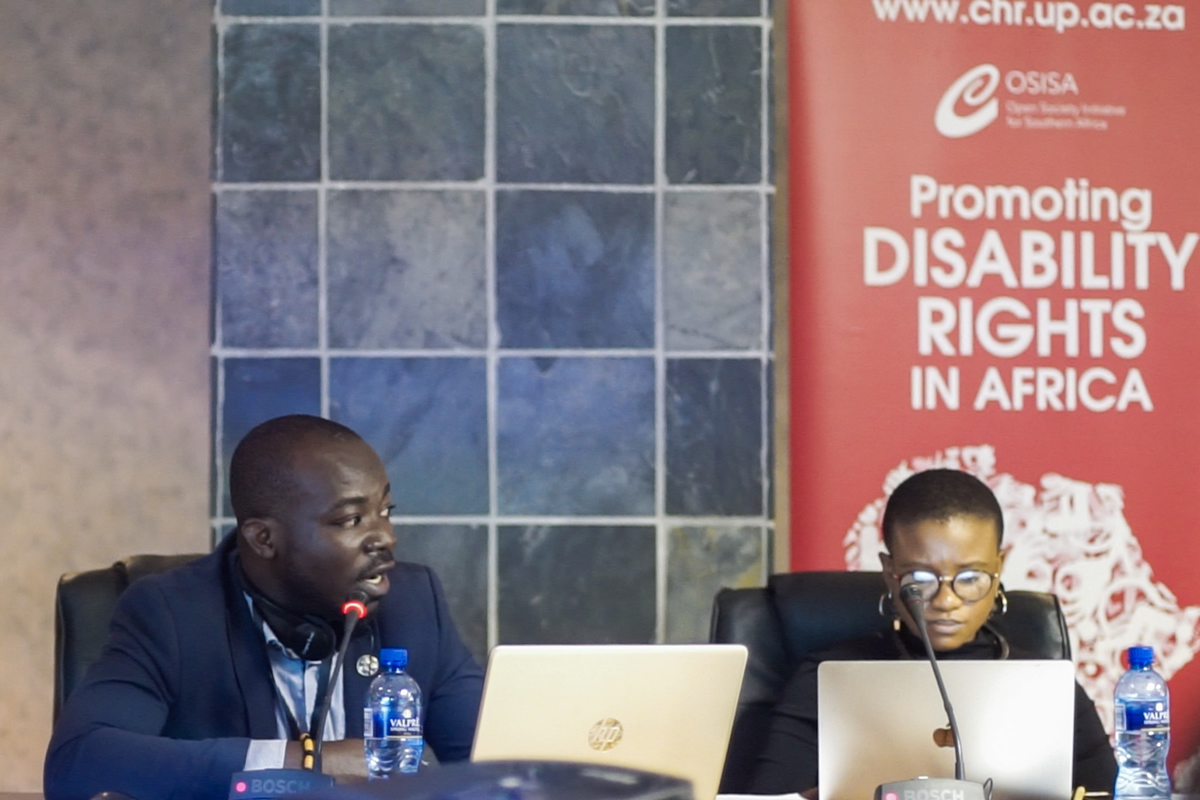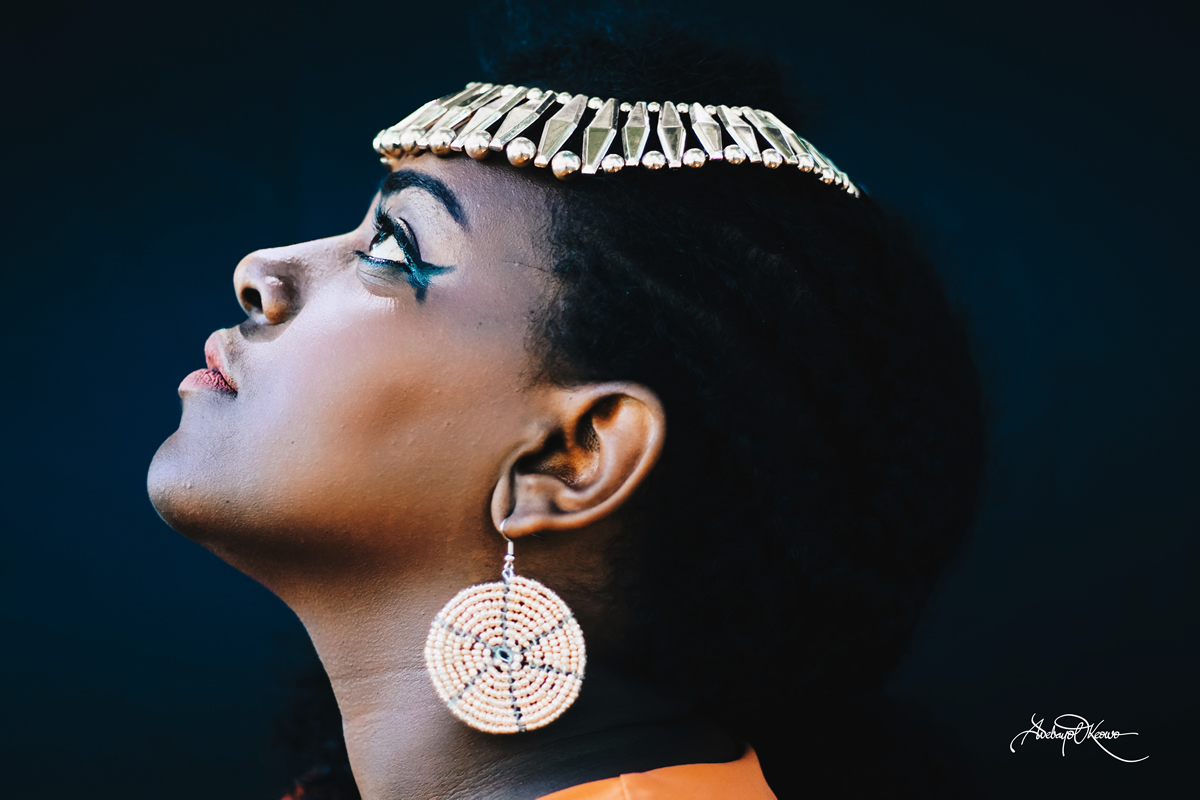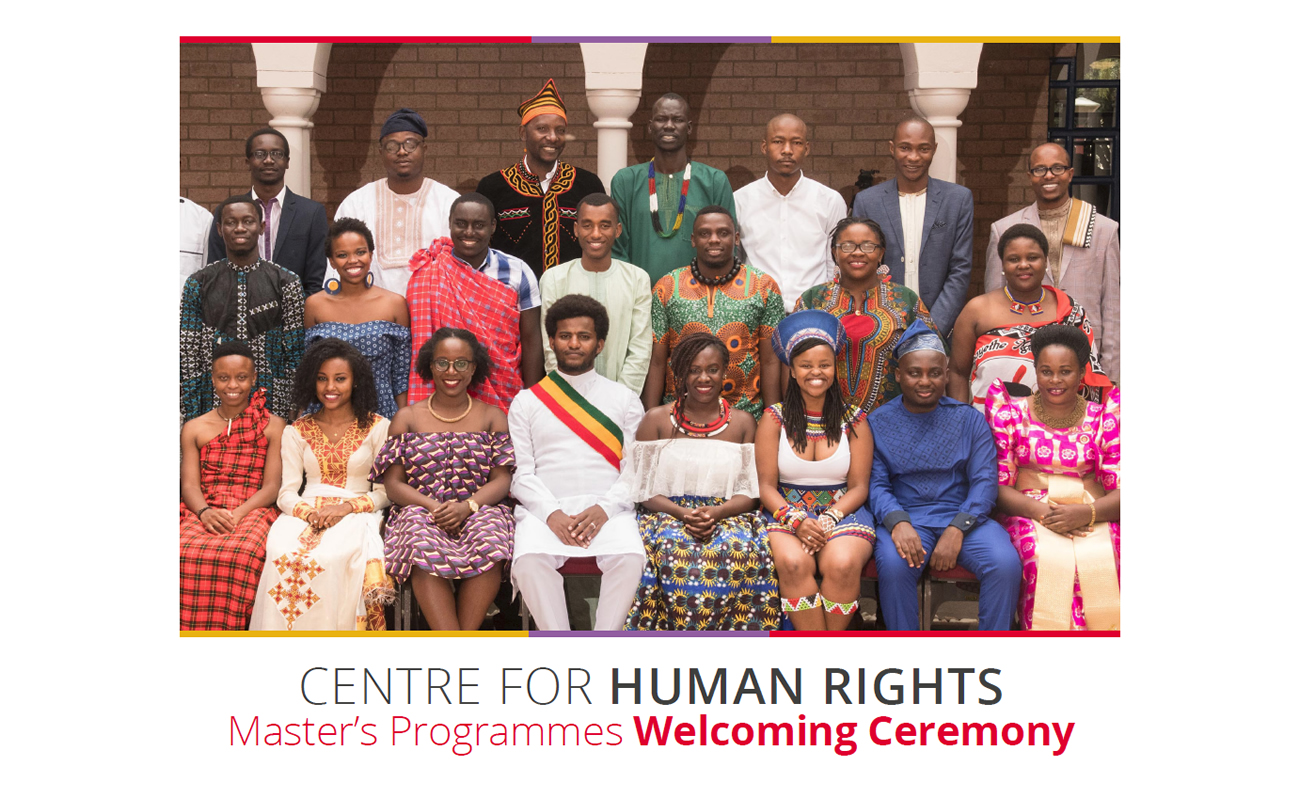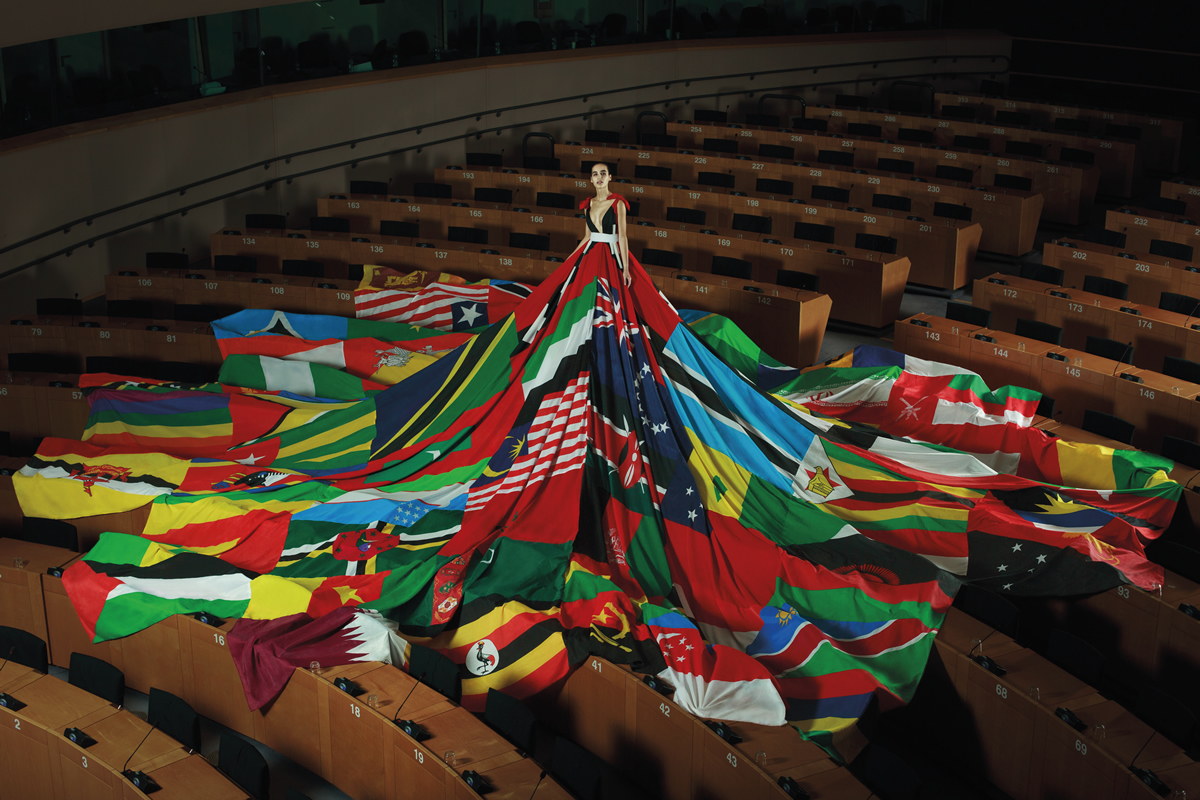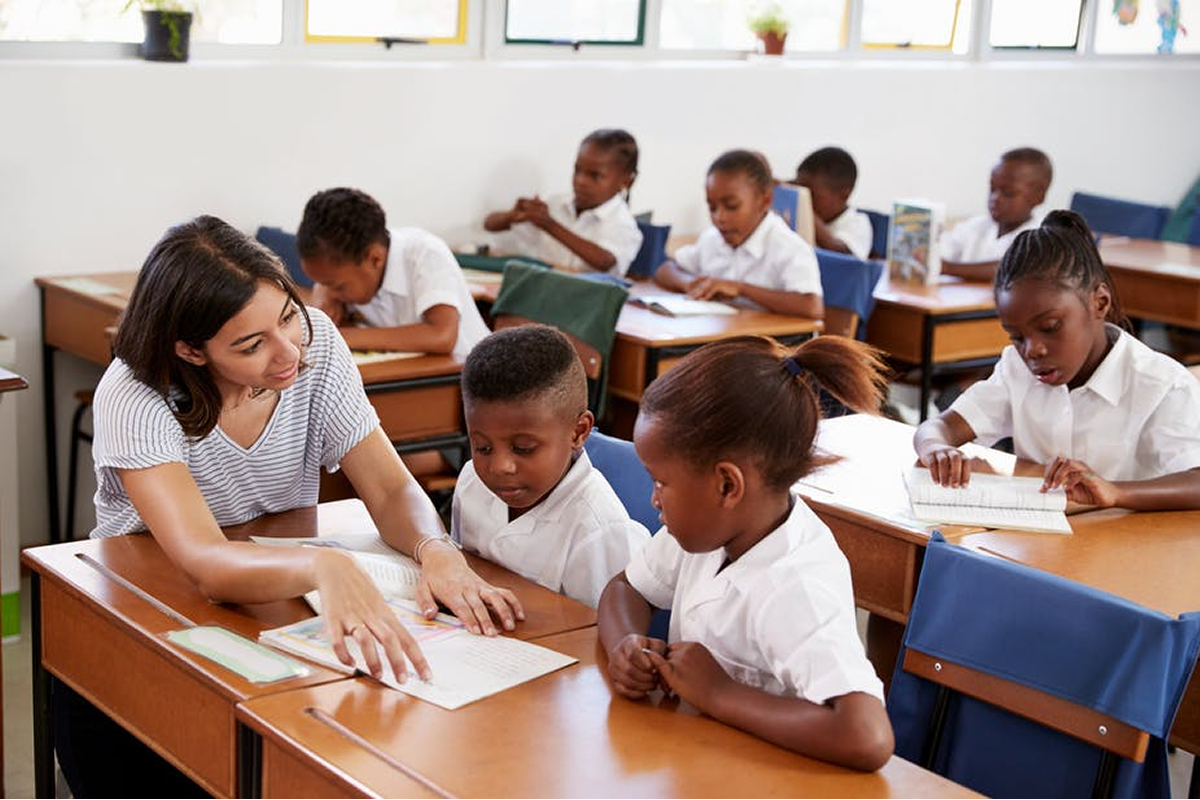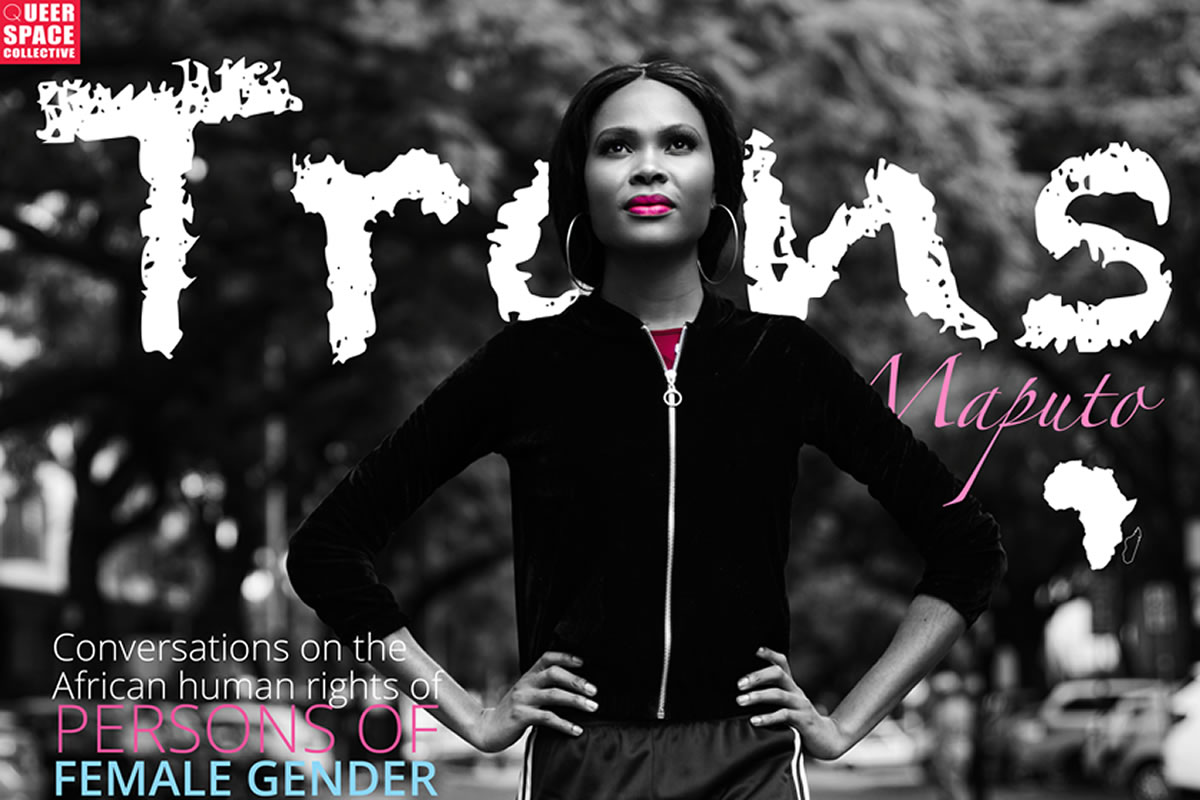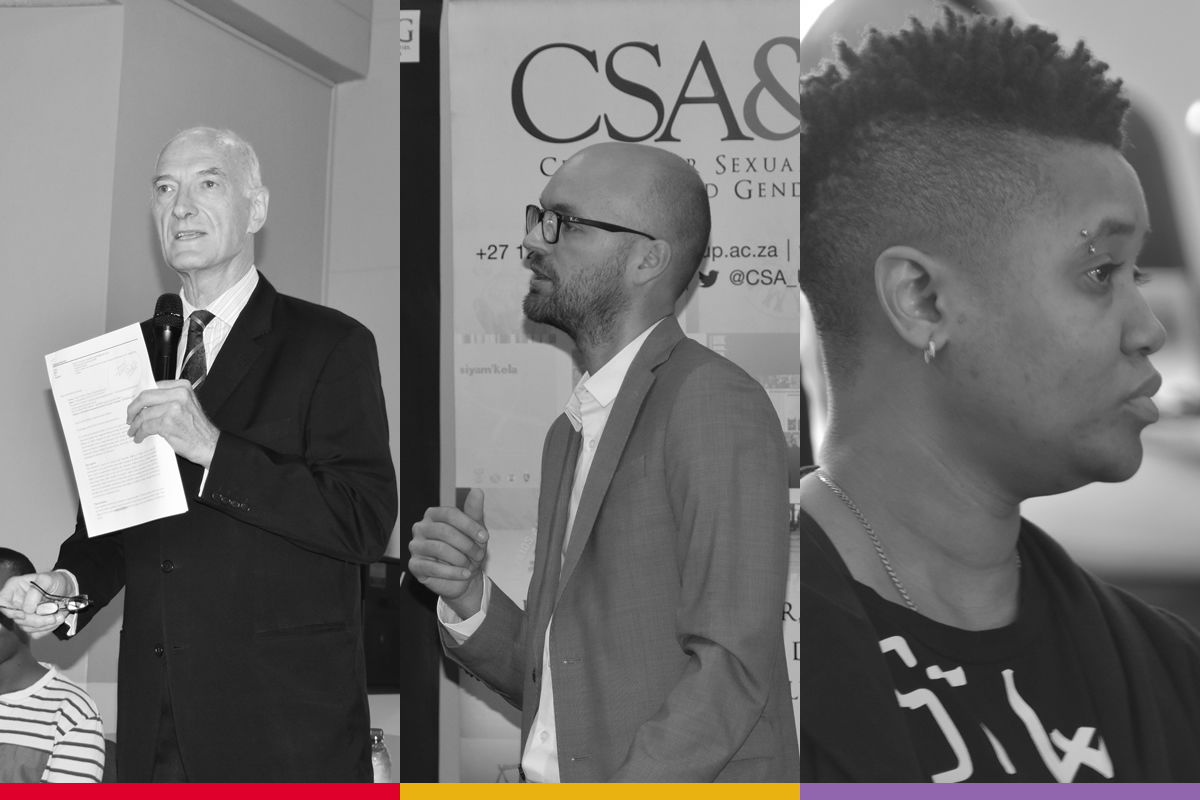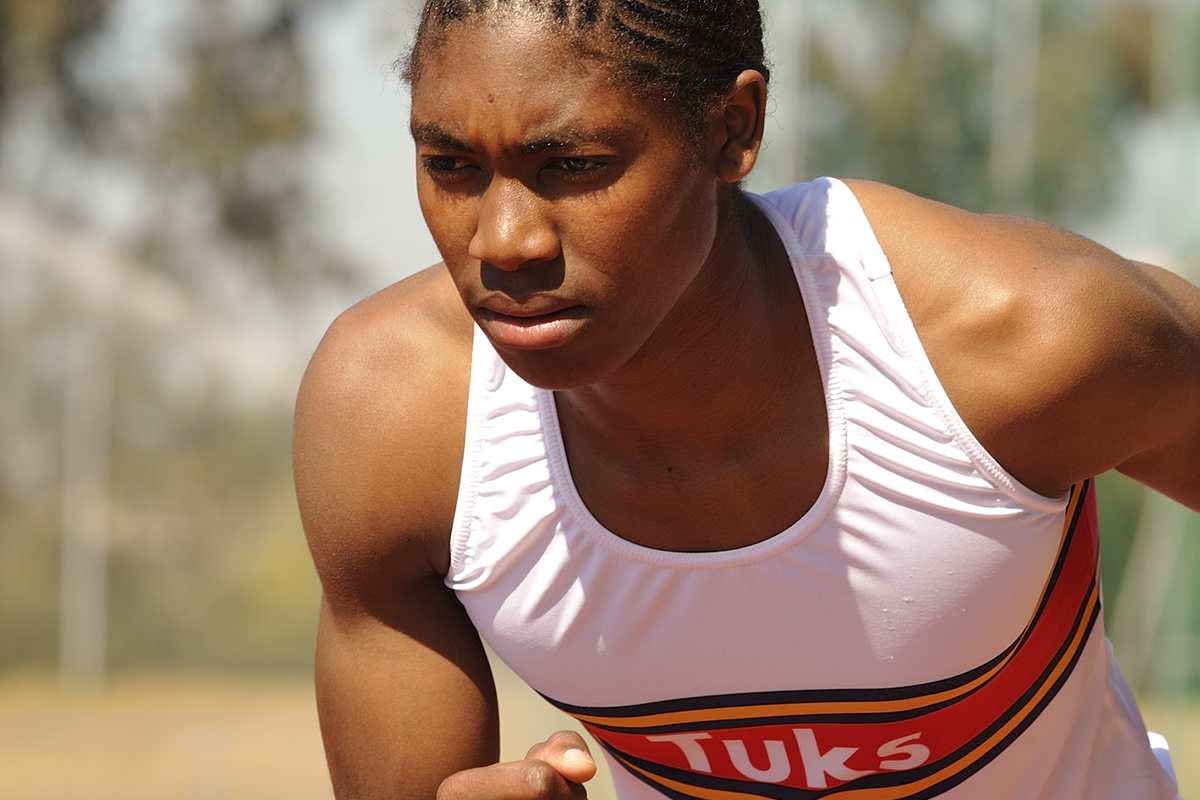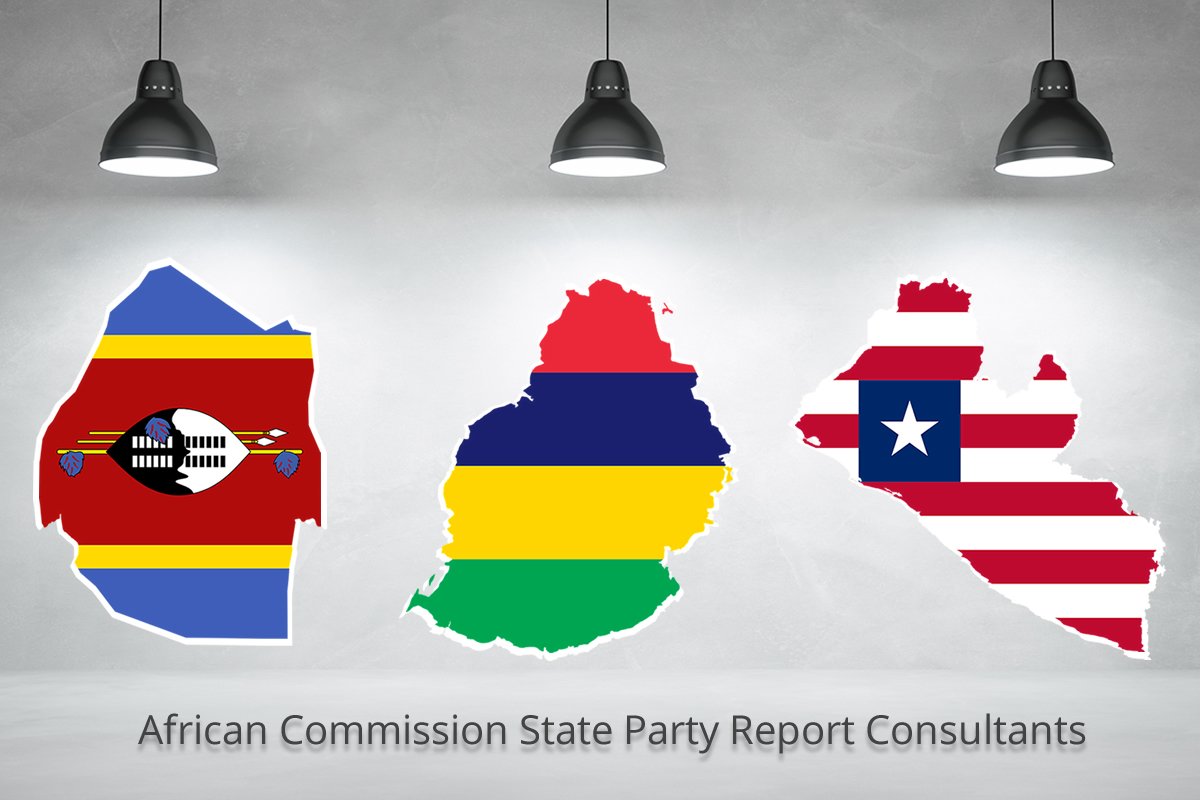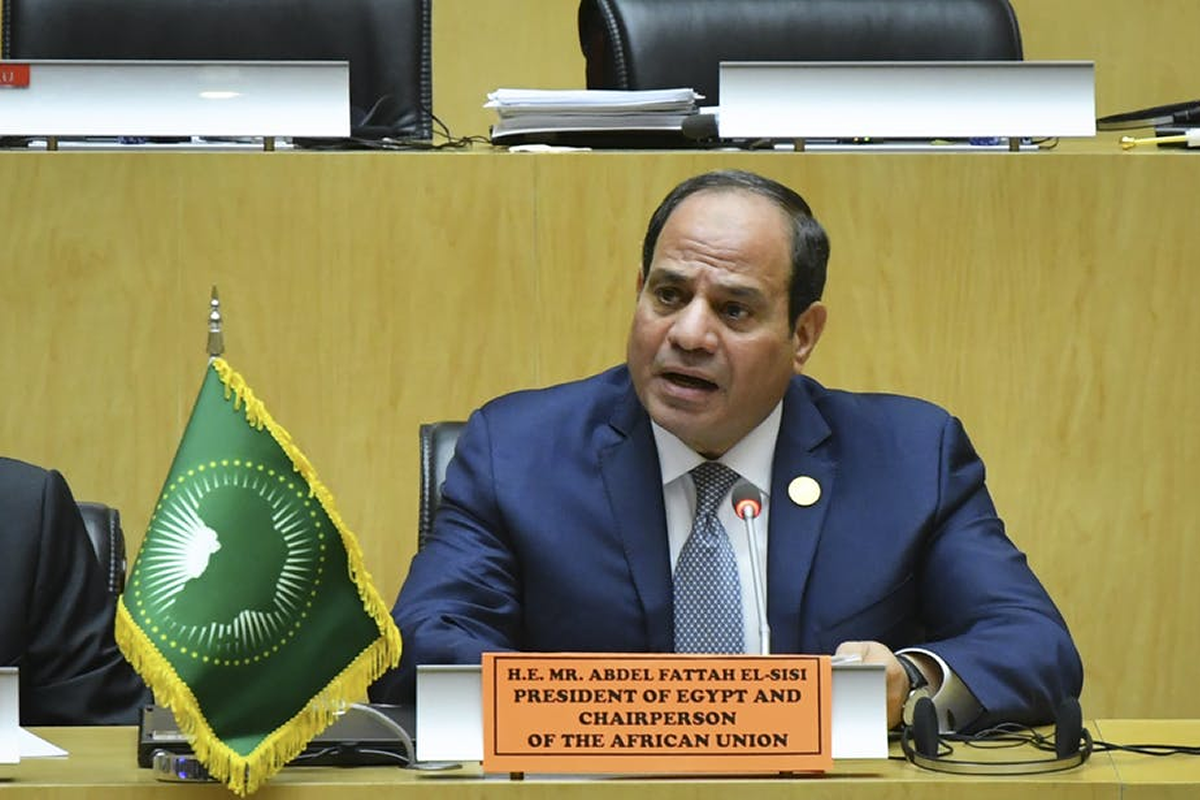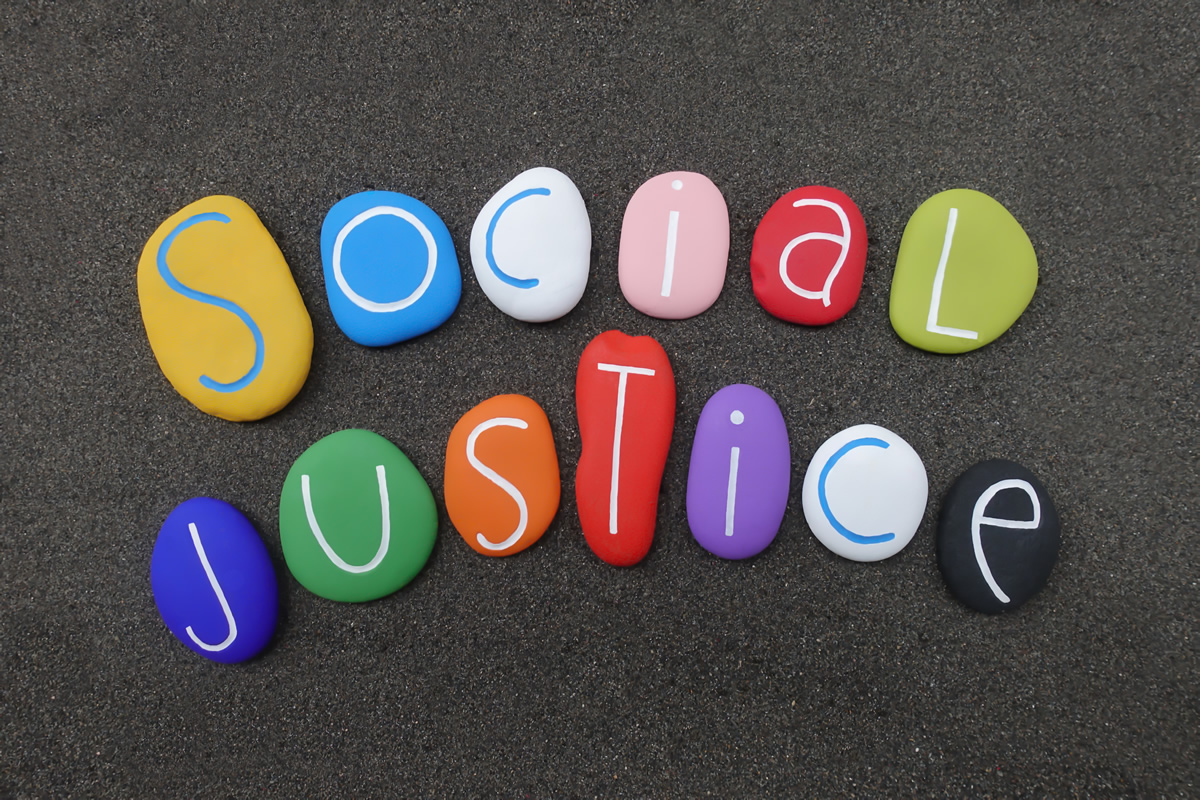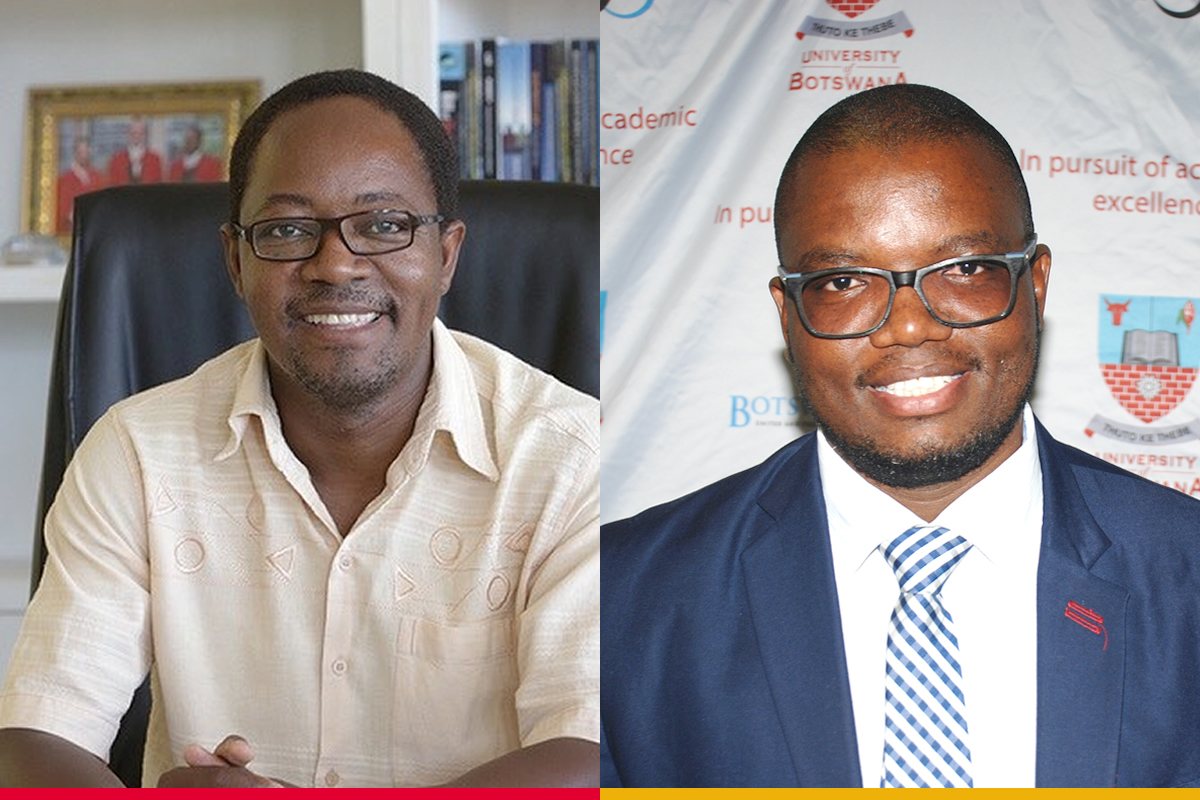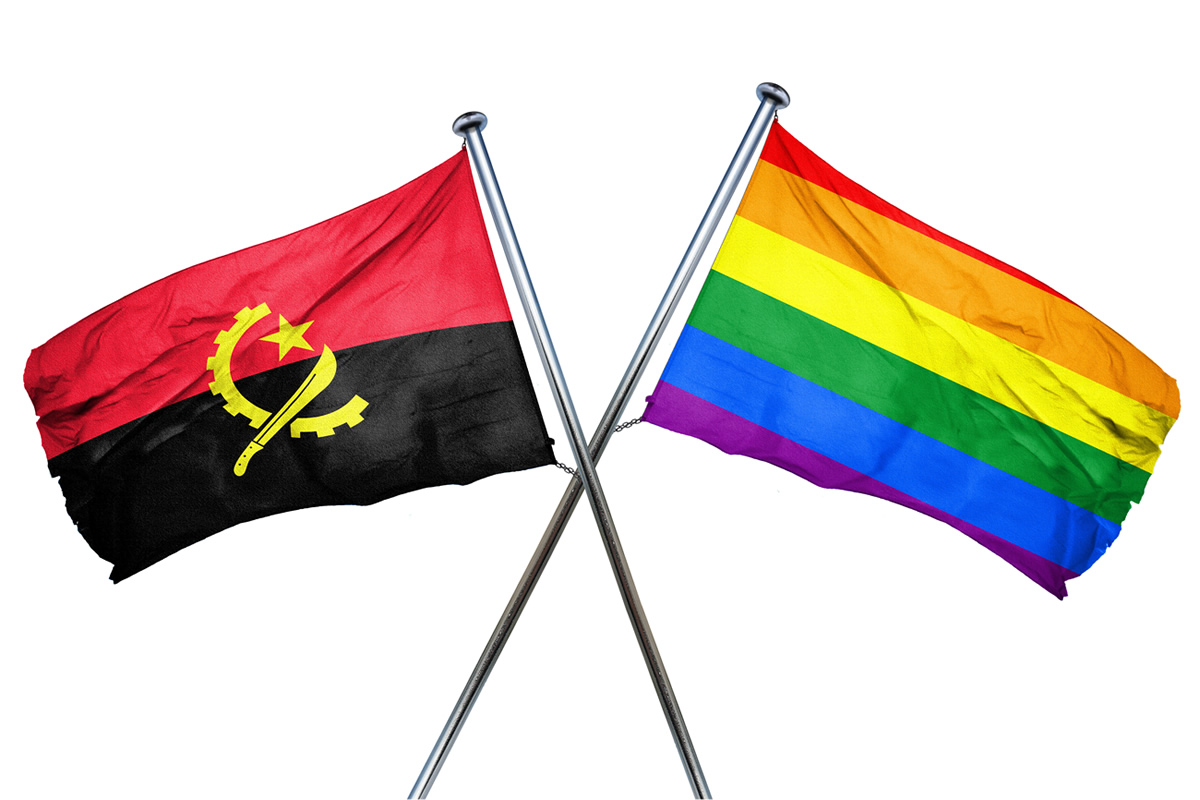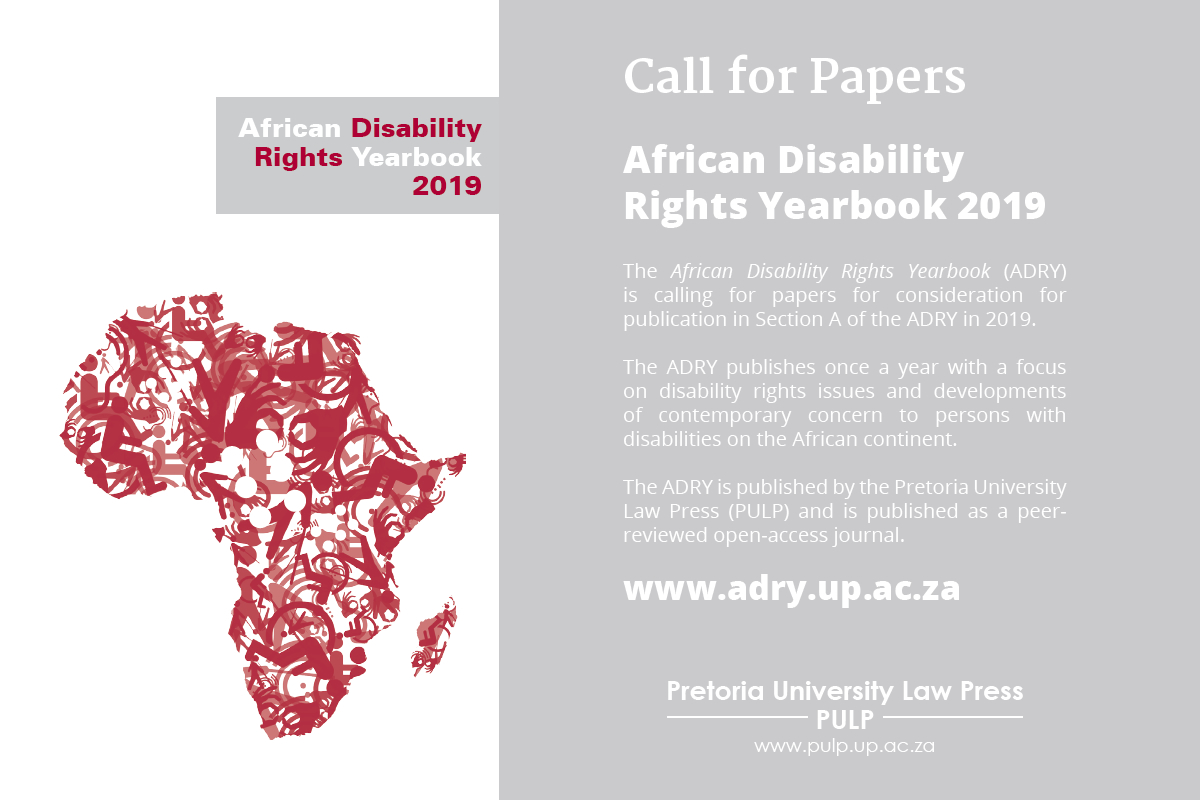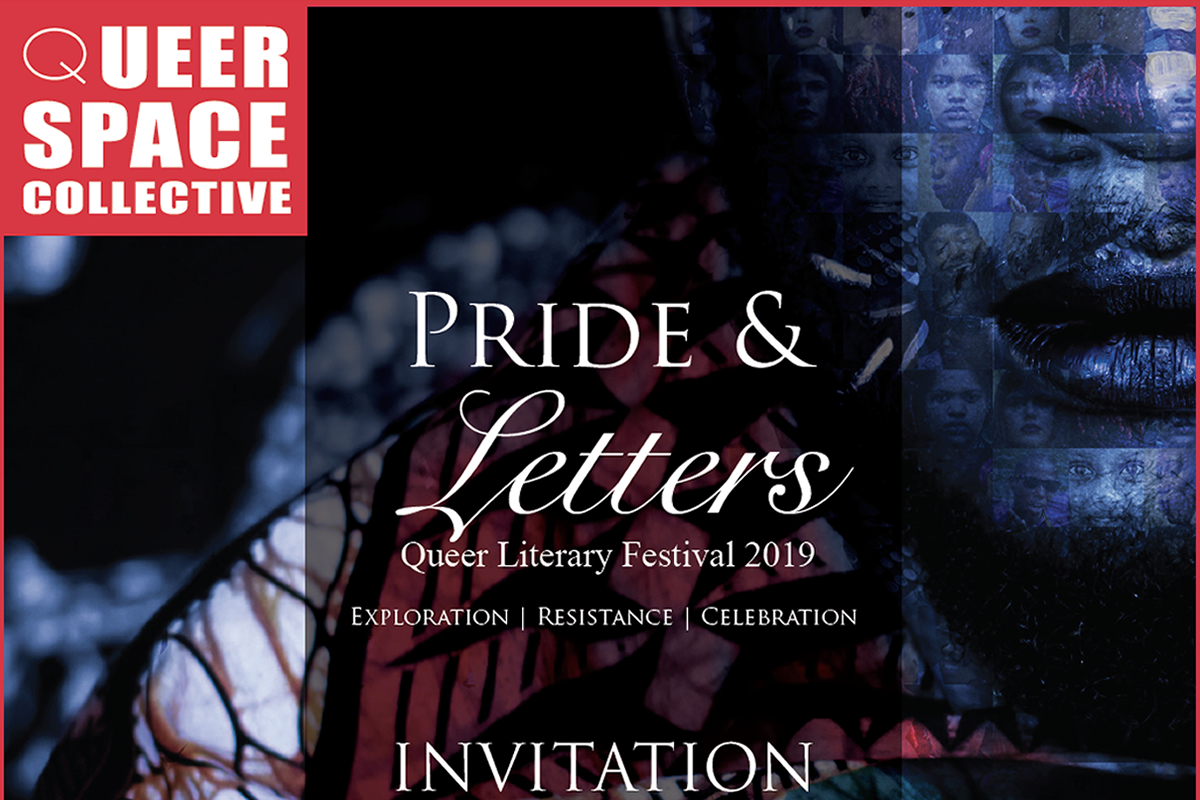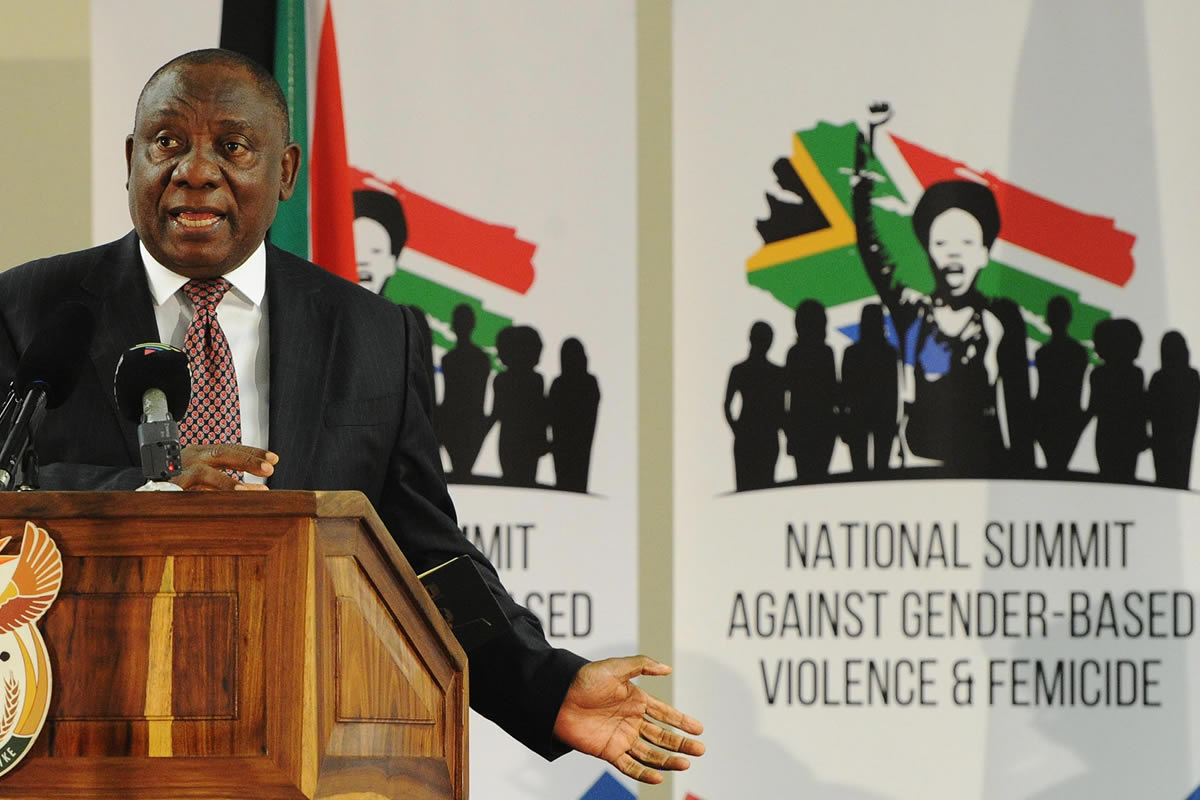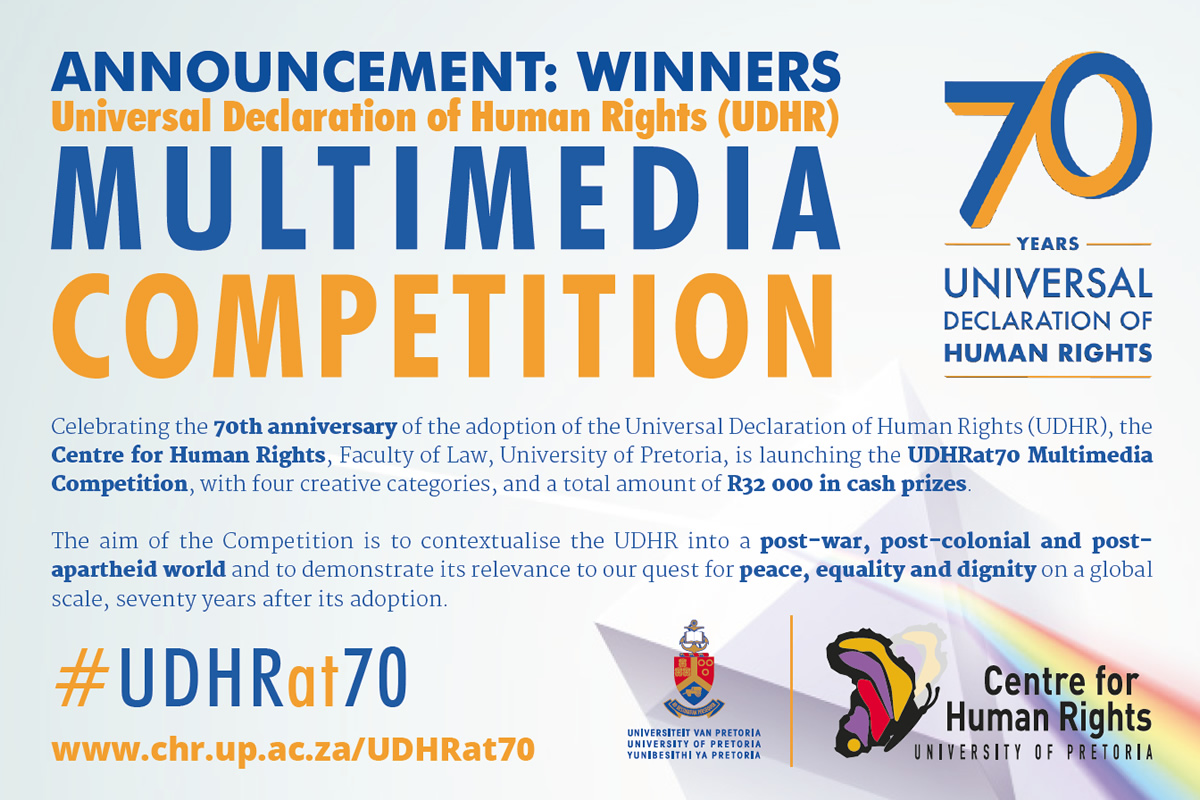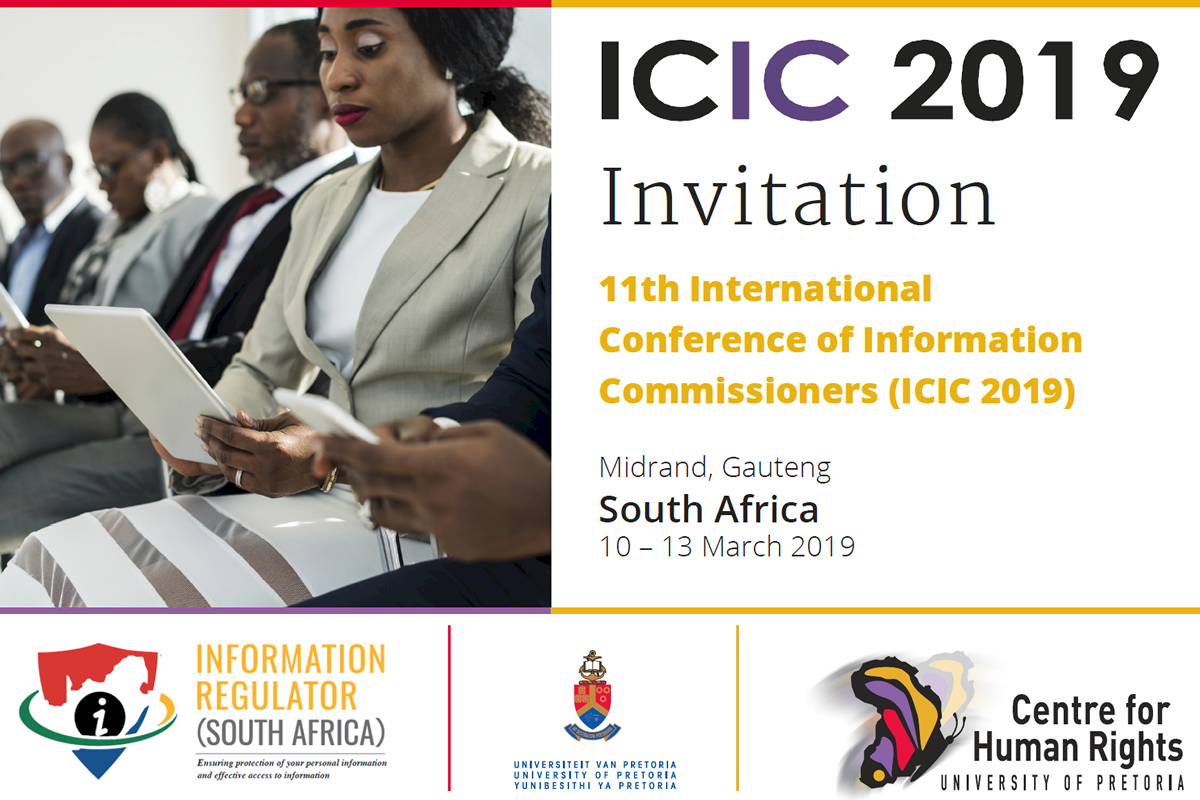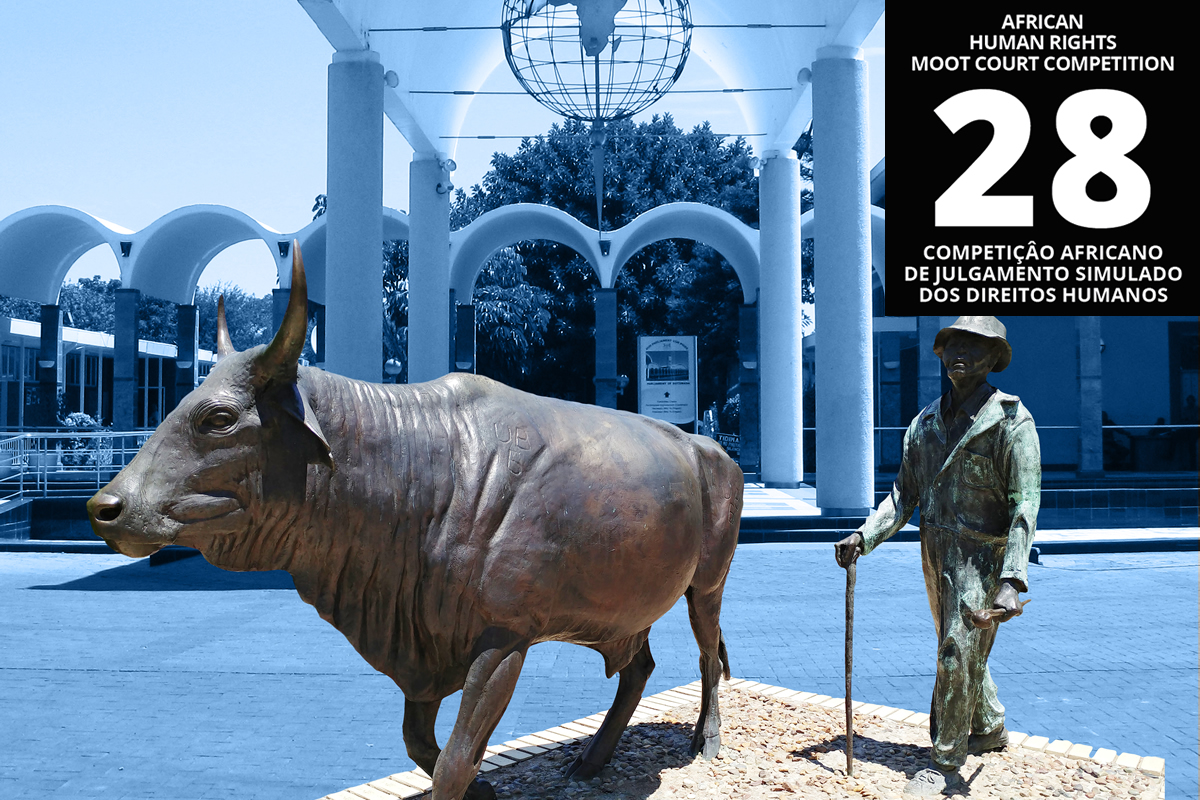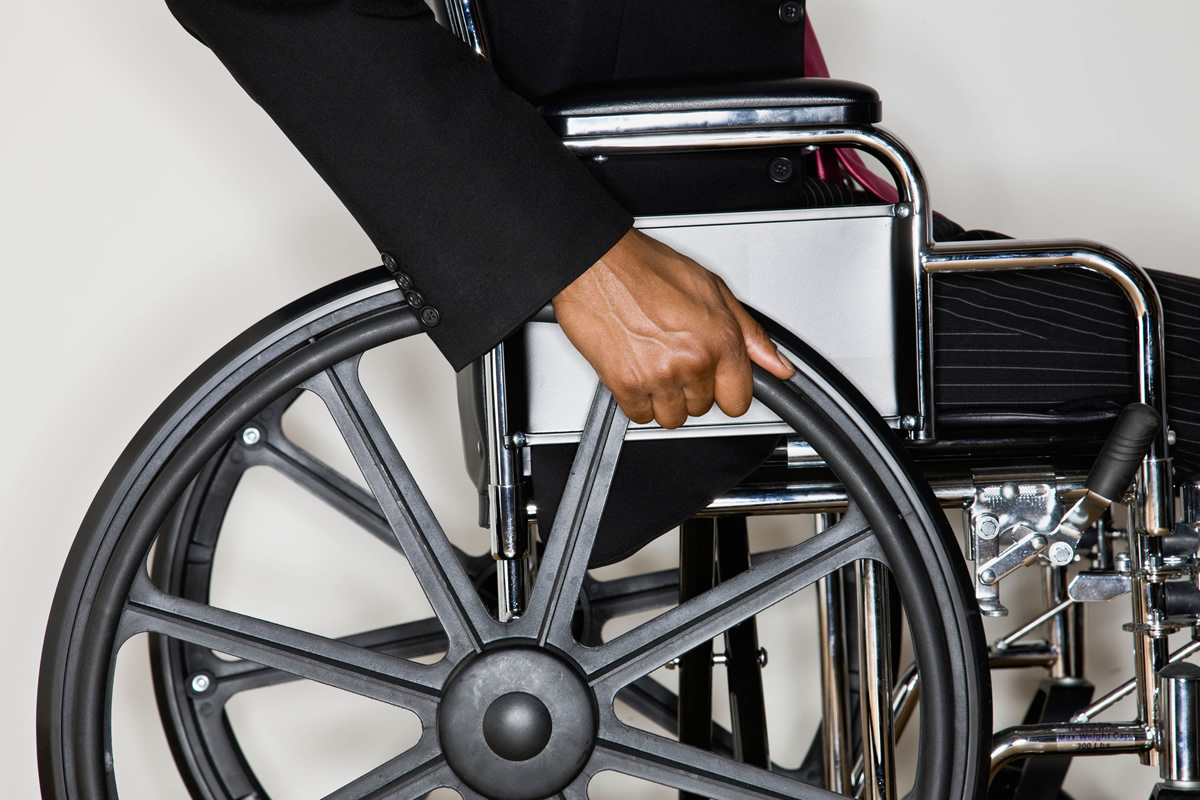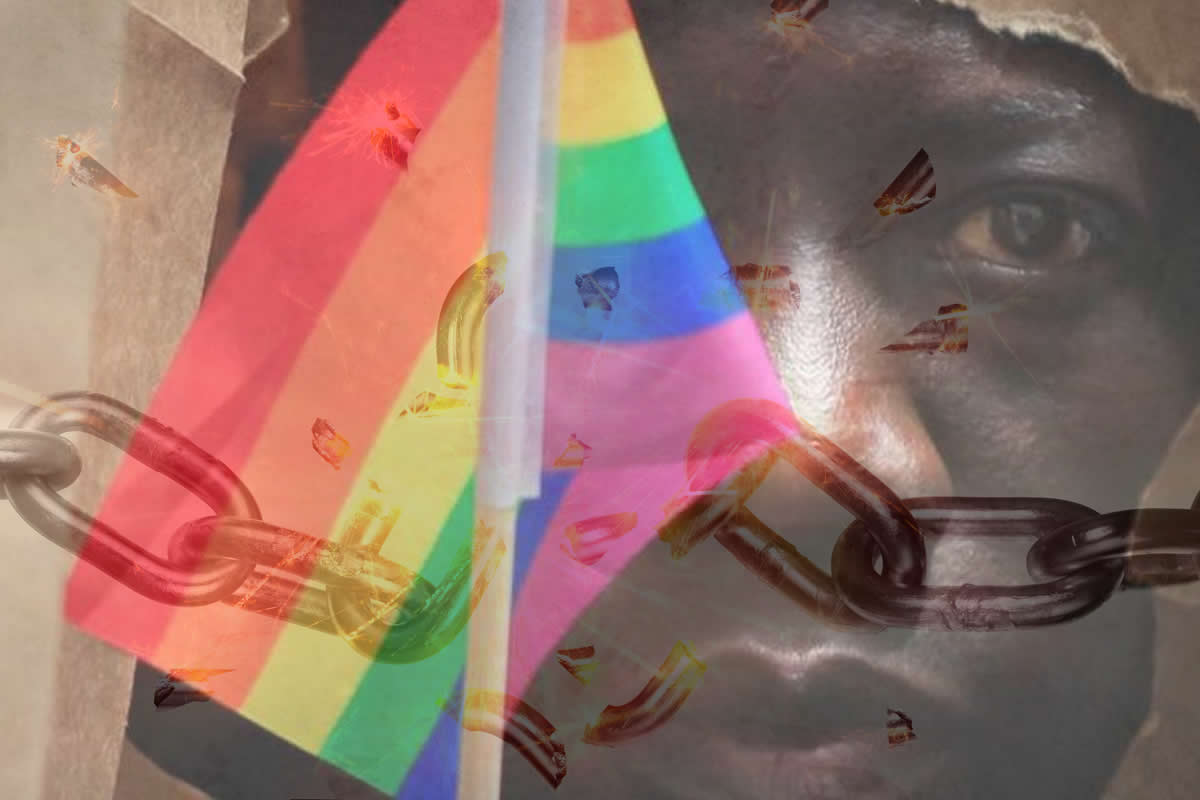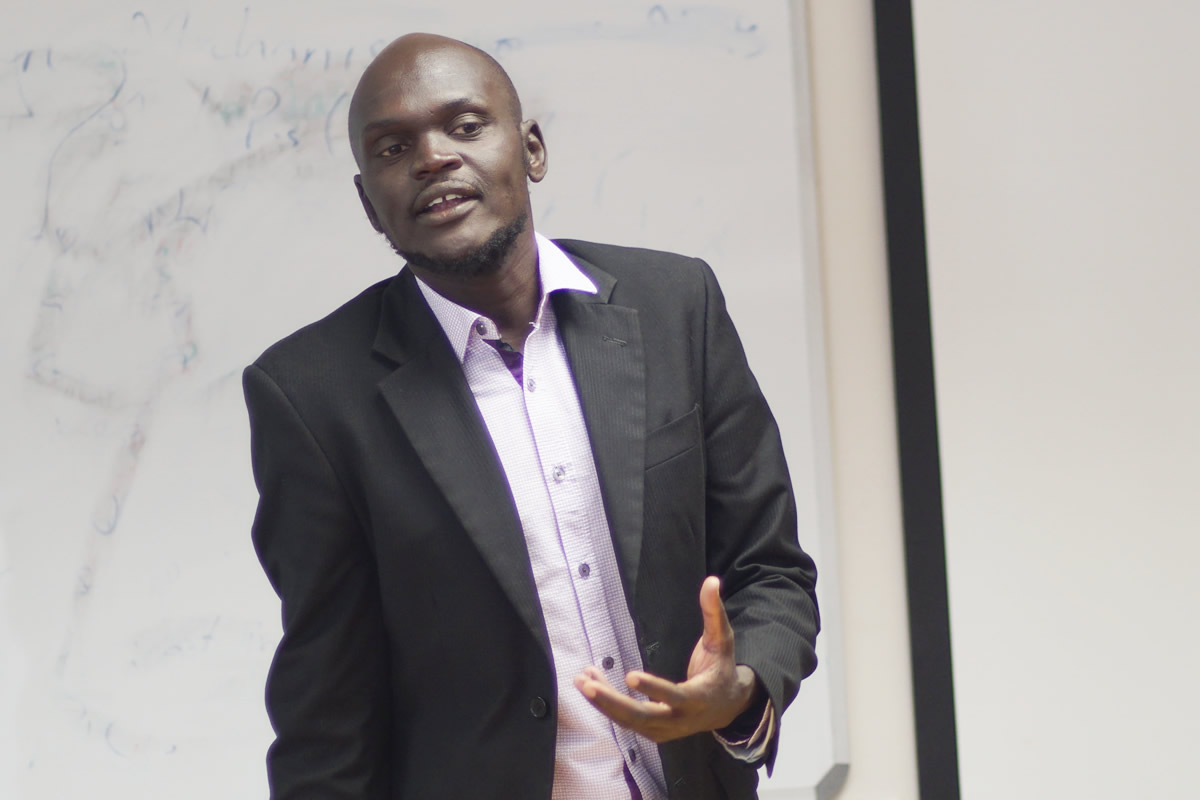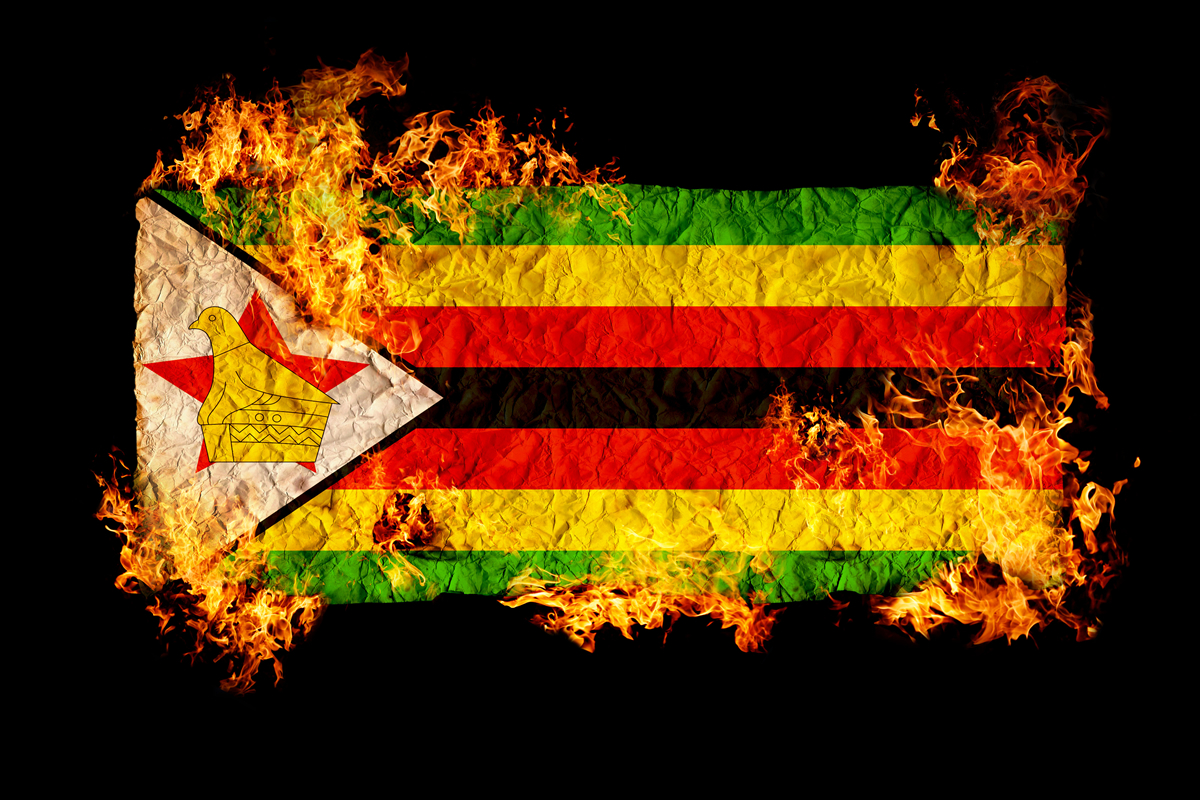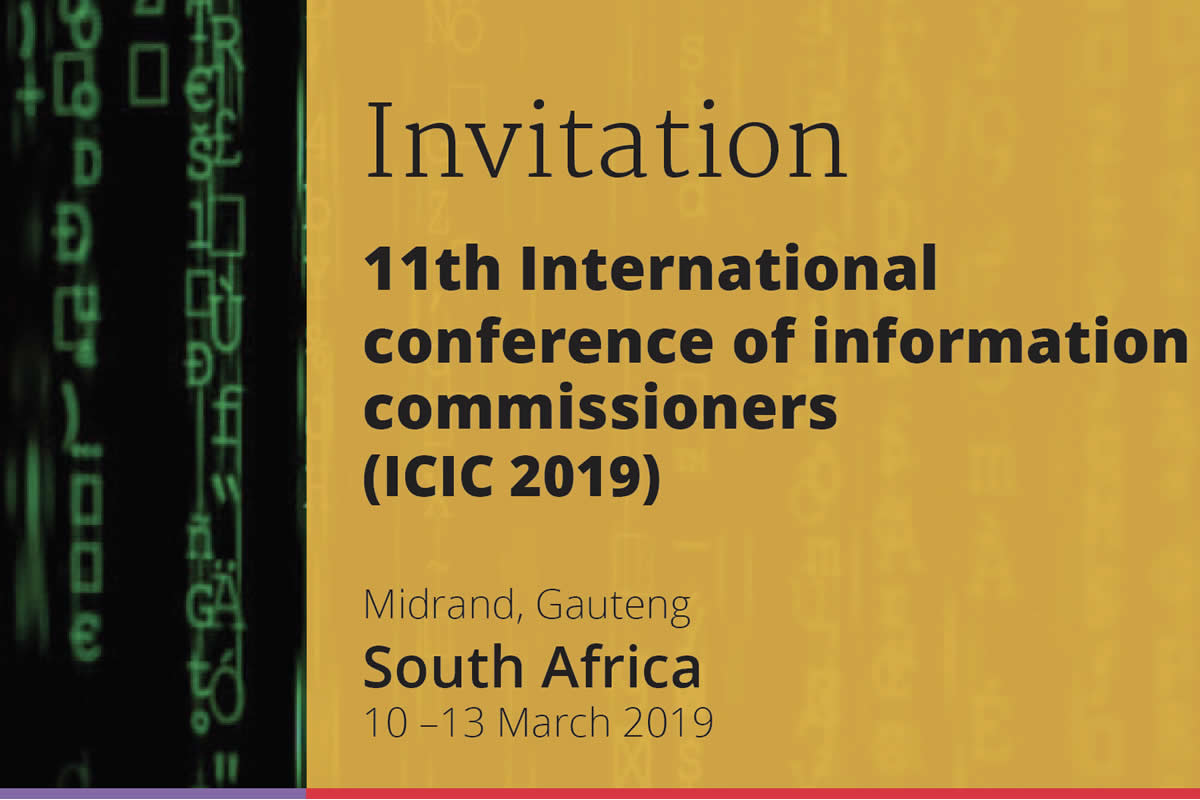- Details
On 4 March 2019, the Disability Rights Unit of the Centre for Human Rights (Centre), University of Pretoria, in collaboration with the with the office of the UN Independent expert on the enjoyment of human rights by persons with albinism, hosted a workshop at the Pan-African Parliament (PAP) on the rights of persons with albinism in Africa.
- Details
(By Satang Nabaneh)
Around the world, 8 March is celebrated as International Women’s Day. It is a global day celebrating the achievements of women with a rallying call to action for accelerating gender parity.
- Details
You are cordially invited to Centre for Human Rights Master’s Programmes Welcoming Ceremony where 91 students from 28 African countries will be individually introduced.
- Details
The Global Campus of Human Rights recently launched its latest Massive Open Online Course (MOOC) on the monitoring of human rights of LGBTI persons. The MOOC is open to participants around the world who are actively interested and engaged in LGBTI work at different levels and wish to deepen their knowledge about relevant human rights legal frameworks, monitoring mechanisms, and strategies.
- Details
Is South Africa regularly denying children their right to access education as well as health care on the grounds either of petty bureaucracy or by a misinterpretation of the country’s laws and international obligations?
- Details
On so many levels, the last week of February 2019 was a risky leap for the Queer Space Collective, comprising the Centre for Human Rights and the Centre for Sexualities AIDS and Gender, University of Pretoria. It was the maiden edition of the Invitation: Pride and Letters - Queer Literary Festival. The Pride and Letters ran hand in glove with the Advanced Human Rights Course: Sexual Minority Rights 2019, weaving its content through a more narrative and intimate approach than is the tradition. The three themes addressed in the course of the week were: queer exploration; queer resistance and queer celebration. These days have been chronicled in the week’s diary.
- Details
The Advanced Human Rights Courses (AHRC) and the SOGIESC Unit are currently hosting the annual short course on Sexual Minority Rights in Africa. The maiden edition of the Pride & Letters Queer Literary Festival forms part of the week-long programme.
- Details
The Centre for Human Rights (the Centre), University of Pretoria, fully supports the campaign by the South African Department of Sports and Recreation, against the enforcement of the International Association of Athletics Federations (IAAF) regulations against hyper-androgenic women in sports. This follows an appeal against the regulations made to the Court of Arbitration for Sport (CAS) by Olympic champion Caster Semenya and Athletics South Africa (ASA). The appeal, which is before the CAS, will be concluded on 29 March 2019. The regulations violate the right to bodily autonomy, physical integrity, freedom from non-discrimination and other bioethical considerations.
- Details
The Women's Rights Unit at the Centre for Human Rights, University of Pretoria, is seeking to recruit 3 experienced consultants with knowledge of human rights, particularly women’s rights and familiarity with the African human rights framework. The consultants are expected to develop a State Party report to the African Commission on Human and People’s Rights (African Commission) on the African Charter on Human and Peoples’ Rights (African Charter) and the Protocol to the African Charter on Human and Peoples’ Rights on the Rights of Women in Africa (Maputo Protocol) for Eswatini, Mauritius and Liberia respectively.
- Details
(By Prof Frans Viljoen and Dr Ashwanee Budoo)
Egyptian President Abdel Fattah al-Sisi has been sworn in as the African Union’s chairman until January 2020. A new chair is selected annually from among the members of the African Union Assembly of Heads of State and Government, which is the union’s “supreme organ”.
AL-Sisi’s ascent to this powerful position, even if it’s just for 12 months, should concern anyone who is committed to human rights. The legitimacy of his claim to the Egyptian presidency is tenuous: he came to power in 2013 after staging a coup d’état that overthrew President Mohamed Morsi. That’s in contravention of the AU’s own rules; in fact, Egypt was suspended from the AU after the coup.
- Details
“Poor and vulnerable people are made into criminals for being poor and vulnerable.” – On World Day of Social Justice, Professor Magnus Killander of UP’s Centre for Human Rights argues that some municipal by-laws are effectively criminalising poverty – and should be rethought.
- Details
The Centre for Human Rights, University of Pretoria, is proud to join Professor Danwood Chirwa (left) and Professor Bonolo Dinokopila (right), two of our LLM/MPhil Human Rights and Democratisation in Africa (HRDA) alumni, in celebration of their latest career achievements.
- Details
(By Prof Frans Viljoen)
Angola has decriminalised consensual same-sex acts between adults in private.
An erstwhile Portuguese colony, Angola inherited an ancient colonial statute – dating back to 1886 – that criminalised “indecent acts” and persons habitually engaging in “acts against nature”. These formulations have widely been interpreted as a ban on homosexual conduct.
- Details
The African Disability Rights Yearbook (ADRY) is calling for papers for consideration for publication in Section A of the ADRY in 2019. The ADRY publishes once a year with a focus on disability rights issues and developments of contemporary concern to persons with disabilities on the African continent. It comprises three sections – Section A containing doctrinal articles and for which we are calling for papers; Section B containing country-focused overviews of developments in disability rights in selected African countries; and Section C containing brief overviews of developments at the African regional and sub-regional levels.
- Details
Dear Africa
On 25, 27 February and 1 March 2019, the Queer Space Collective, University of Pretoria, will be hosting the Pride and Letters Queer Literary Festival. Pride and Letters forms part of the Advanced Human Rights Course on Sexual Minority Rights organised by the Centre for Human Rights. Pride and Letters will specifically address three themes Queer Exploration, Resistance and Celebration. The Queer Space Collective is a project run collaboratively by the Centre for Human Rights and Centre for Sexualities AIDS and Gender, both at University of Pretoria with the vision to make the University of Pretoria more inclusive of queer expression and identities through the use of creative writing and expression.
![]() Download this Invitation
Download this Invitation ![]() Download Programme
Download Programme
Spaces are limited. RSVP deadline is 20 February 2019.
- Details
Civil society organisations working on gender-based violence (GBV) express concern over the slow pace at which the South African Presidency is addressing issues identified at the National Summit against Gender-Based Violence and Femicide.
- Details
Professor Daniel Bradlow, International Development Law Unit in the Centre for Human Rights is looking to hire an LLM or LLD student as a Research Assistant to work with him on projects in the area of international economic law.
- Details
The Universal Declaration of Human Rights (UDHR) Multimedia Competition was launched in 2018 by the Centre for Human Rights with four creative categories: still image; audio-visual; oral/audio and written. This competition was open strictly to staff and students of the University of Pretoria. They were invited to think creatively around the specific articles in the UDHR and submit entries under these categories.
- Details
The Information Regulator (South Africa) and the Centre for Human Rights, University of Pretoria, cordially invite you to the 11th International Conference of Information Commissioners (ICIC 2019).
- Details
The African Human Rights Moot Court Competition will be held, for the first time, in Botswana. This year the competition is co-organised by the University of Botswana and will be held from 1 to 6 July in Gaborone.
Call for Applications: Internship opportunity at the Disability Rights Unit, Centre for Human Rights
- Details
The Disability Rights Unit at the Centre for Human Rights seeks to appoint an appropriately qualified individual (student) for its internship programme, based in Hatfield, Pretoria, South Africa
- Details
The Centre for Human Rights (the Centre) congratulates the government, parliament and people of Angola, for the brave steps taken, through its judicial reform programme, towards the decriminalisation of ‘habitual unnatural vices’, into which consensual adult same-sex sexual conduct was read. The Centre also expresses its pleasure towards the criminalisation of crimes based on discrimination including prohibiting crimes based on discrimination based on sexual orientation. To further galvanise the reforms, employment and service discrimination based on sexual orientation is also now illegal. These are major achievements towards respecting and promoting the rights of all citizens of Angola including sexual and gender minorities.
- Details
On Monday 28 January 2019, Mark Deng, a doctoral candidate at the University of Queensland in Australia, made a presentation on 'Constitution building in conflict-ridden South Sudan: A prerequisite for achieving peace and long-term political stability'
- Details
The Centre for Human Rights, University of Pretoria (the Centre) is deeply concerned by the reported ongoing human rights violations in our immediate northern neighbour, taking the form of excessive use of force and restrictions on the free flow of information. We urge the South African government to offer itself as a facilitator to assist in seeking a solution in the interest of Zimbabwe’s people.
- Details
The Information Regulator and the Centre for Human Rights, University of Pretoria invite you to the 11th International conference of information commissioners (ICIC 2019).

